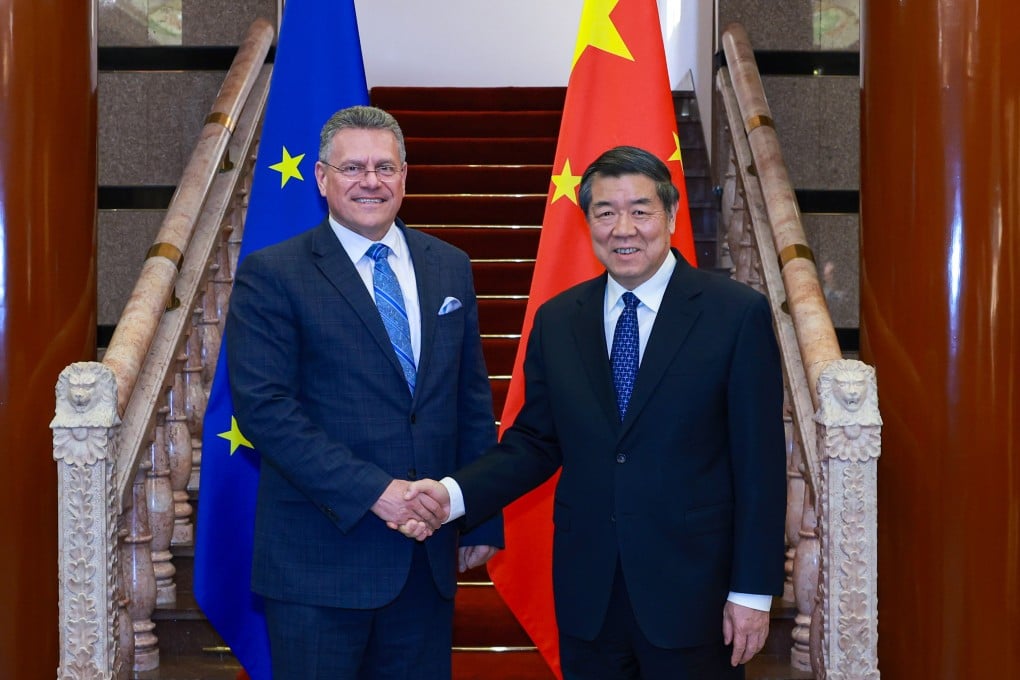My Take | It’s time for the European Union to do a ‘Kissinger’ with China
If Brussels wants to achieve ‘strategic autonomy’ in what has become a multipolar world, the only option that it has is to draw closer to Beijing

It’s been called the “reverse Kissinger”, that is, the need for Washington to tilt towards Moscow to isolate Beijing again. Today, it would of course make a lot of sense for the United States to try to throw a wedge between Russia and China and disrupt their supposed “no limits” partnership.
The idea is at least as old as the legendary US diplomat himself. Even during their epoch-defining rapprochement with communist China, Kissinger once told his boss Richard Nixon that one day, the US would need to effect another radical diplomatic reversal to counter a rising China.
Unfortunately, that ship has long sailed for the current generation of US leaders, who have missed by a decade or two during which Beijing and Moscow have evolved many mutual economic and security interests. Moreover, neither could trust the US leadership, even if they tried.
Meanwhile, Donald Trump has neither the experience, skills nor knowledge to bring about a Russian-Chinese break or at least a breach. Throwing Ukraine under the bus won’t do, as even Trump seems to realise after his recent fireworks with Volodymyr Zelensky at the White House. In the aftermath, the two men had to make nice, at least for appearance’s sake.
But it’s a different proposition with Europe. The European Union and Nato on one side and Russia on the other see each other as presenting a mortal danger. That’s why Brussels is ready to support Ukraine to fight to the last man to weaken Russia while rebuilding European defences.
Washington has turned hostile, to the extent that the EU is contemplating a Nato sans the US. The French call it “strategic autonomy”.
While Ukraine won’t win, it may still cause a lot of damage to the Russian economy and military, and to the Putin regime itself. That’s the cynical calculations behind all the warmongering moral outrage from Brussels.
